Foundation Degree in Early Years
Foundation
- Start date
- –
- Study mode
- –
- Course length
- –
- UCAS Code
- –
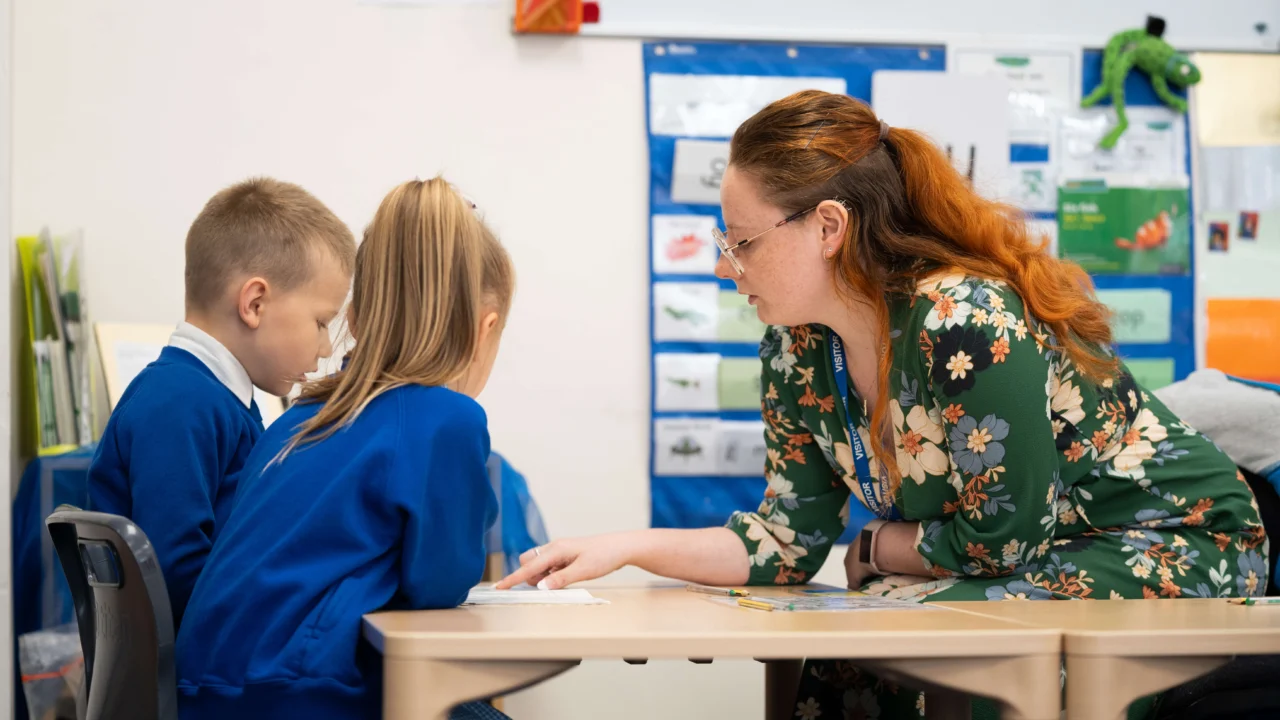
Interested in a different start date?
48 UCAS tariff points. For equivalencies and further details, search 'How to apply' from our menu in the top right of our home page. Click Menu > Study > How to apply > How to apply
The tuition fee for academic year 2025/26 is: £9,535
Additional costs
The University will review tuition fees and increase fees in line with any inflationary uplift as determined by the UK Government, if permitted by law or government policy, in subsequent years of your course. It is anticipated that such increases would be linked to RPI (the Retail Price Index excluding mortgage interest payments).
Check out our blog/news/events

Birmingham Newman University Library Proudly Shortlisted at THE Awards 2025
Birmingham Newman University Library has been recognised as a finalist in the Outstanding Library Team…

A Momentous Celebration: Saint John Henry Newman Declared Doctor of the Church
We are thrilled to share the wonderful news that, as part of the Jubilee of…

Celebrating the Class of 2025: Inspiring Journeys at Birmingham Newman University
This year’s Graduation Ceremony, held on Monday, marked a proud moment for Birmingham Newman University…

Birmingham Newman University Celebrates Graduating Class of 2025
Birmingham Newman University is proud to celebrate the achievements of its graduating students at this…
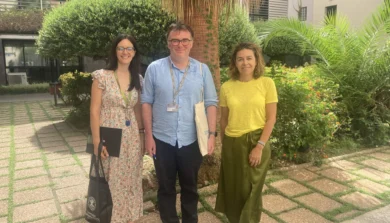
Exploring the World Through the Turing Scheme: Experiences from Spain and Germany
During the summer months of 2025, students from Birmingham Newman University took part in a…

Book an open day
Find out about our next open day. Book now to secure your place.
Courses we think you'll also like

Foundation Degree in Integrative Counselling (part-time)
- Start date:
- September 2026
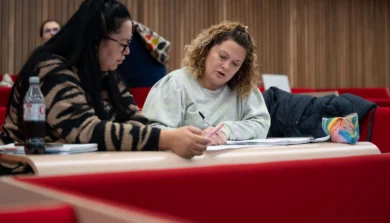
Foundation Degree in Education, Teaching and Learning
- Start date:
- September 2026
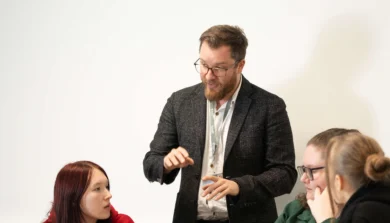
BA Single Honours Early Childhood Studies (with Foundation Year)
- Start date:
- Various
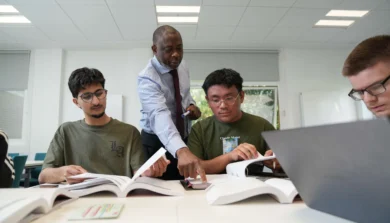
BSc SH Business and HR Management with foundation and sandwich years
- Start date:
- Various
